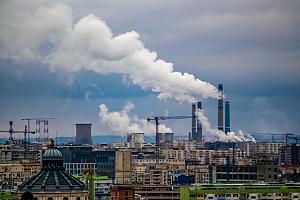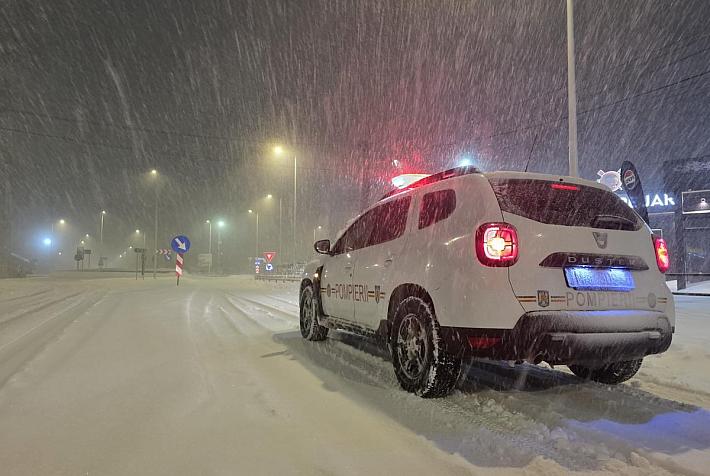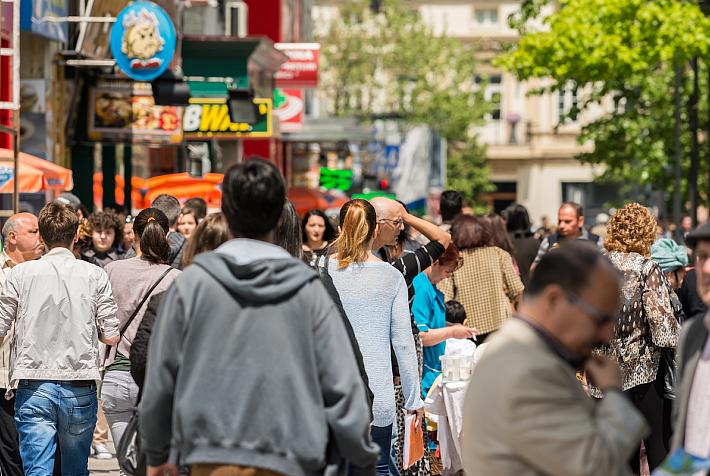Romanians among those least concerned about climate change, survey shows

Two-thirds of global respondents in a recent Ipsos survey expect more extreme weather in 2023 than this year, but only slightly over half of Romanians are of the same mind. Similarly, Romanians are less concerned than other Europeans about natural disasters or part of the country becoming uninhabitable.
While two-thirds of global respondents expect more extreme weather in 2023 than this year, only 54% of Romanians think the same. Even fewer Romanians believe that the next year will be the hottest on record.
Less than a quarter believe that a natural disaster is likely to occur in a large city in Romania next year, compared to 45% globally, and 33% in the EU. Moreover, only 19% of Romanians consider it likely that parts of Romania will become uninhabitable due to an extreme weather event, compared to 36% globally.
Overall, Romanians are among the nations least concerned about the effects of climate change.
The same survey shows a greater degree of pessimism regarding the state of the global economy. Less than half of the world's citizens (46%) believe the global economy will be stronger in 2023 than in 2022 – a substantial drop from 2021 (61%). The reasons behind the general pessimism are clear: the rising cost of living, rising interest rates, and the perspective of a stock market crash.
Romanians are even more conservative about the future of the global economy. Slightly more than a third believe it will improve. A staggering 88% think prices will continue to outpace wages – only people in South Africa, Chile, and Argentina are more pessimistic regarding this aspect. Lower, but comparable percentages of people think that interest rates and inflation will also climb higher in 2023. Three out of four Romanians expect unemployment to go up as well, and half believe that Romania will need emergency funds from international financial institutions like the IMF.
However, less than half of Romanians believe that global markets are going to crash, placing them in the more optimistic group globally. A third of Romanians think that the war in Ukraine will end in 2023, while 43% believe it will continue.
Romanians' retrospective assessments of the country have improved compared to 2021, but they are still among the nations that stand out with high levels of negative opinions regarding the current year, alongside Hungary, Great Britain (87%, each), or Poland (85%).
Roughly 83% of Romanians believe that 2022 was a bad year for Romania, and more than half agree that it was a bad year for them and their families, according to the recent Ipsos survey. Romanians also show a significant decrease in the level of optimism regarding the year ahead - from 80% in 2021 to 63% currently. Here, however, Romania is not unique. Only 56% of Europeans expect 2023 to be better, one of the lowest percentages in this chapter.
The Ipsos study included 24,471 respondents between the ages of 18 and 74 from 36 countries and was conducted between October 21 and November 4, 2022.
(Photo source: Andrey Popov | Dreamstime.com)













